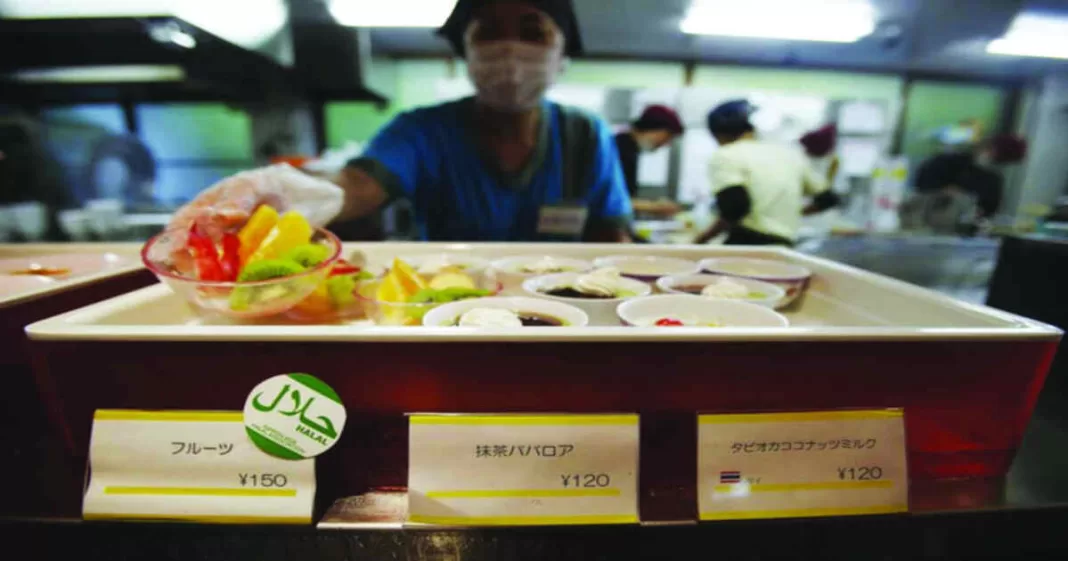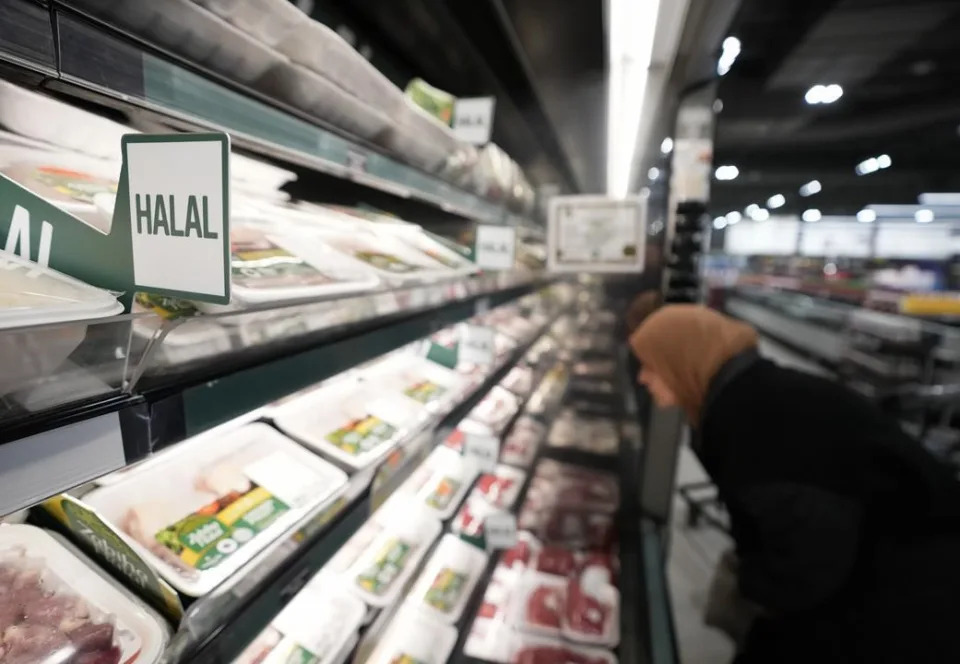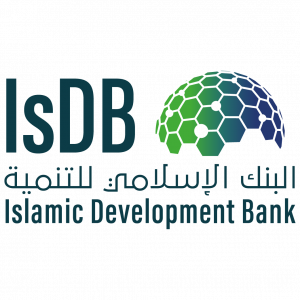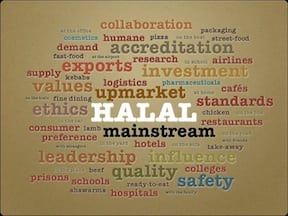Rapidly growing halal industry presents investment opportunities, export potential, and economic development for countries.
The halal industry is experiencing significant growth worldwide, driven by the increasing demand for halal products and services. According to Datuk Amer Bukvic, Ag. Director General Global Practices and Partnerships at Islamic Development Bank (IsDB), the halal food sector alone was valued at $1.27 trillion in 2021 and is projected to reach $1.67 trillion by 2025. This expanding market presents numerous opportunities for investment, export, and intra-trade among member countries and Muslim communities. To harness this potential, stakeholders must focus on developing an enabling ecosystem, addressing financing challenges, and effectively managing the halal supply chain.
The Rise of Halal Economies
Countries such as Malaysia, the UAE, Saudi Arabia, and Turkey have emerged as proactive nations in developing their halal economies. They have established clear visions to become global hubs for the halal trade, focusing on attracting investments and fostering industry growth.
Even non-majority Muslim countries like Thailand, Japan, and South Korea are recognizing the potential of the halal market and positioning themselves as key players. These countries aim to tap into the growing demand for halal products and services, expanding their economic opportunities.
Australia and Brazil, despite not being Muslim-majority countries, have established themselves as leading suppliers of halal meat and poultry to the Middle East. Their involvement in the halal industry highlights the global reach and potential for collaboration in meeting the demand for halal products.
Overcoming Challenges and Building Sustainable Halal Industries
To create sustainable halal industries, member countries of the IsDB and other stakeholders must adopt long-term strategies that support policies for qualified human capital. Additionally, establishing institutional frameworks for standardisation, certification, accreditation, and awareness programs is crucial to building consumer trust and ensuring product quality.
The adoption of new technologies plays a vital role in enhancing the efficiency of halal manufacturing and distribution processes. Implementing technology-driven solutions improves visibility throughout the supply chain, allowing for better traceability and ensuring compliance with halal standards.
Two key challenges facing the halal economy are financing the halal industry and effective management of the halal supply chain. To overcome these challenges, innovative financial models and investment mechanisms need to be developed, while supply chain processes should be optimised for transparency, traceability, and timely delivery.
Collaboration and Partnership for Growth
The Halal Products Development Co. (HPDC), funded by the Public Investment Fund (PIF), aims to invest in the halal aquatic sector, fostering integration across Saudi Arabia and the supply chain. Through participation in the private sector forum, HPDC seeks partnerships with key stakeholders in the health sector, both domestically and internationally, to strengthen the halal sector and enhance the poultry industry.
Halal Development Corp. Malaysia (HDC) and IsDB have collaborated to assess the manufacturing and production readiness of IsDB member countries in developing self-reliance within the halal industry. The focus extends to various sectors, including food, beverages, pharmaceuticals, and personal care. The collaboration aims to contribute to the growth of the global halal economy through a united effort among stakeholders and member countries.
The rapid growth of the halal industry presents significant opportunities for investment, export, and intra-trade among member countries and Muslim communities. To capitalise on this potential, stakeholders must focus on building enabling ecosystems, addressing financing challenges, and optimising supply chain management. Collaborative efforts and partnerships at both national and international levels will play a crucial role in developing sustainable halal industries and contributing to the growth of the global halal economy. By embracing these opportunities, countries can position themselves as key players in the halal market, fostering social and economic development.




